In 2015, after years of failed negotiations, the world celebrated a landmark achievement: the signing of the Paris Agreement.
Ten Years of the Paris Agreement: The Present and Future of Extreme Heat
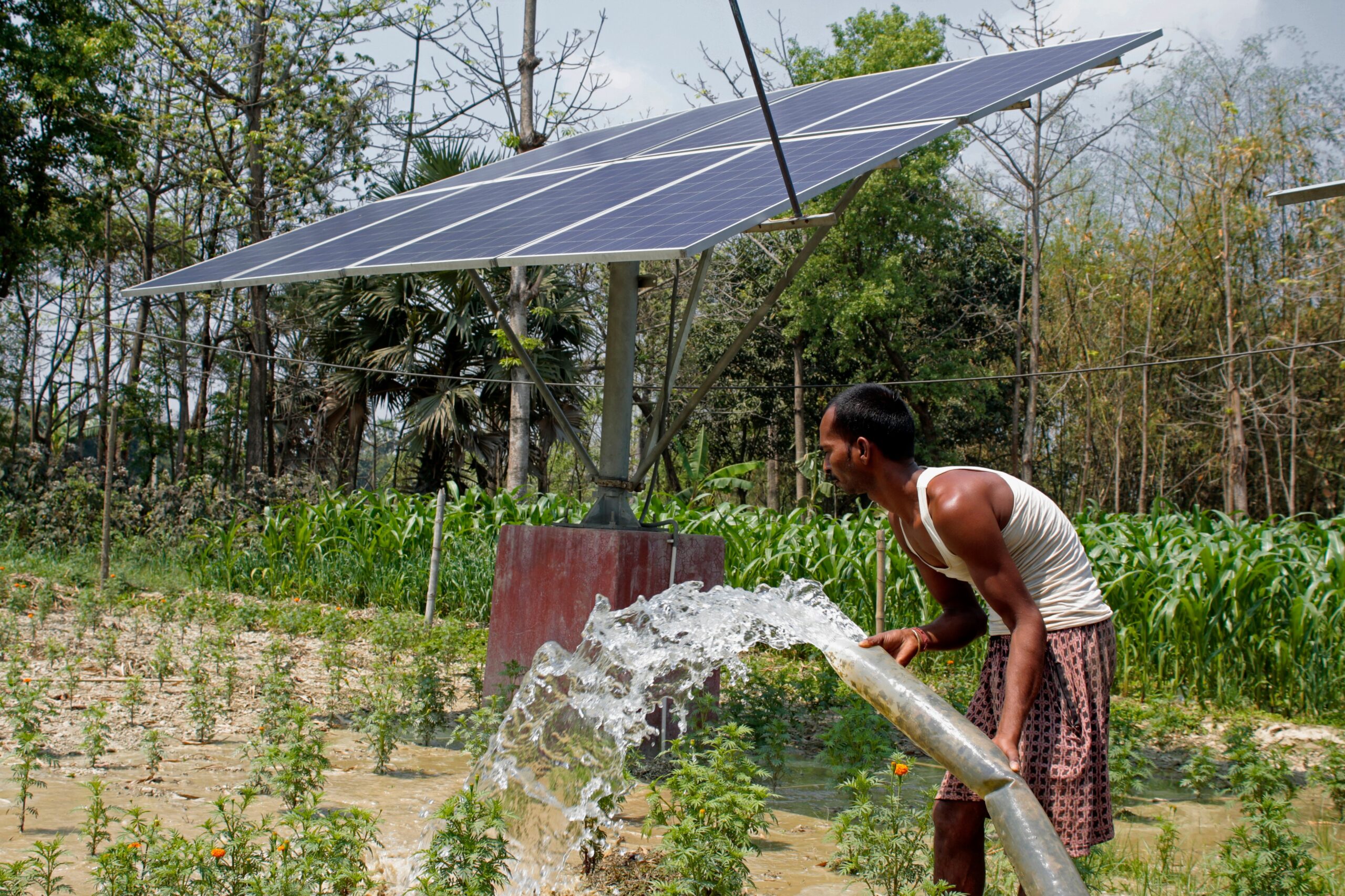


In 2015, after years of failed negotiations, the world celebrated a landmark achievement: the signing of the Paris Agreement.
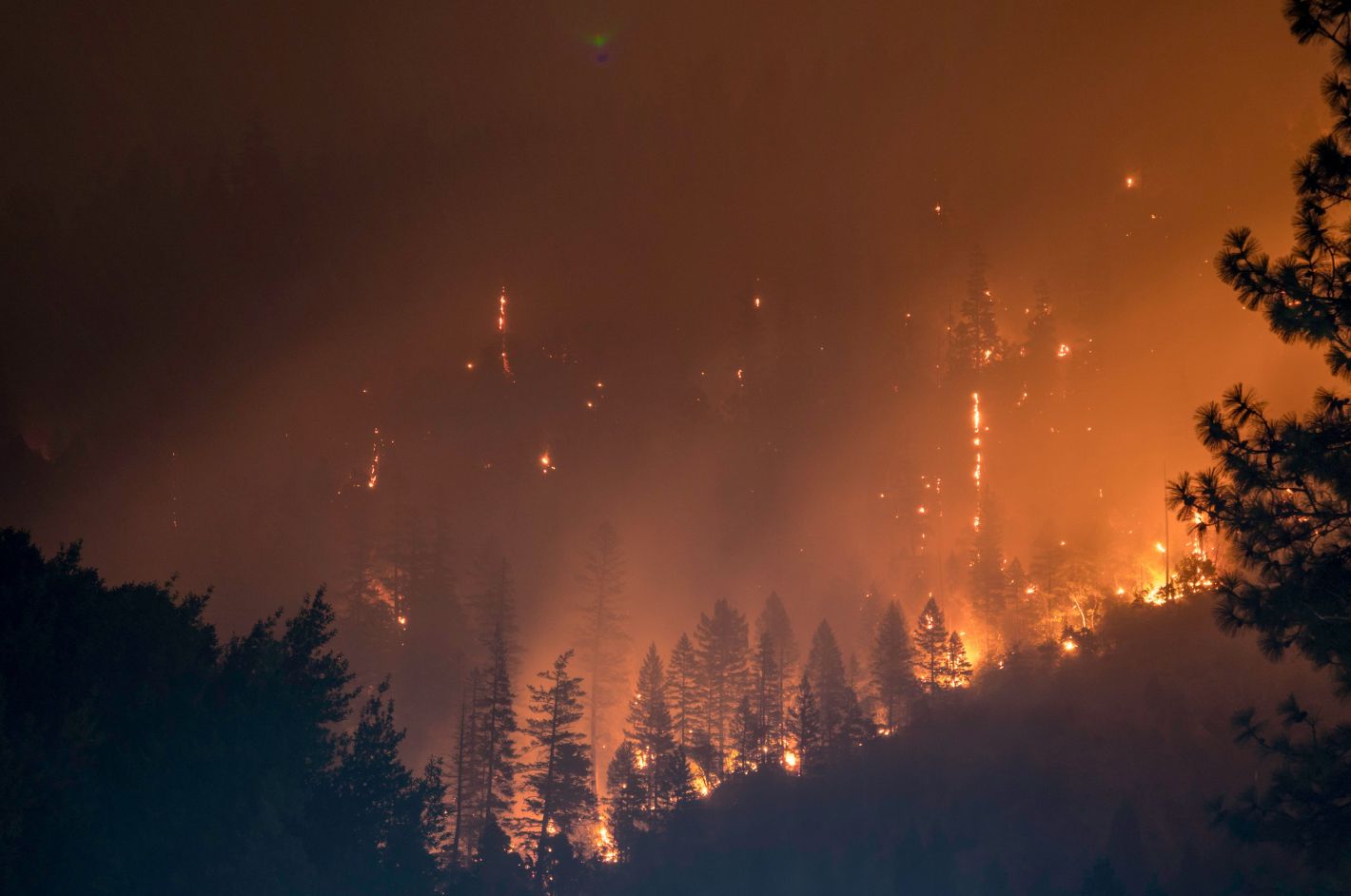
As of 1st September, around 380,000 hectares (ha) have burned across Spain since the start of the year, according to the Copernicus European Forest Fire Information System (EFFIS).
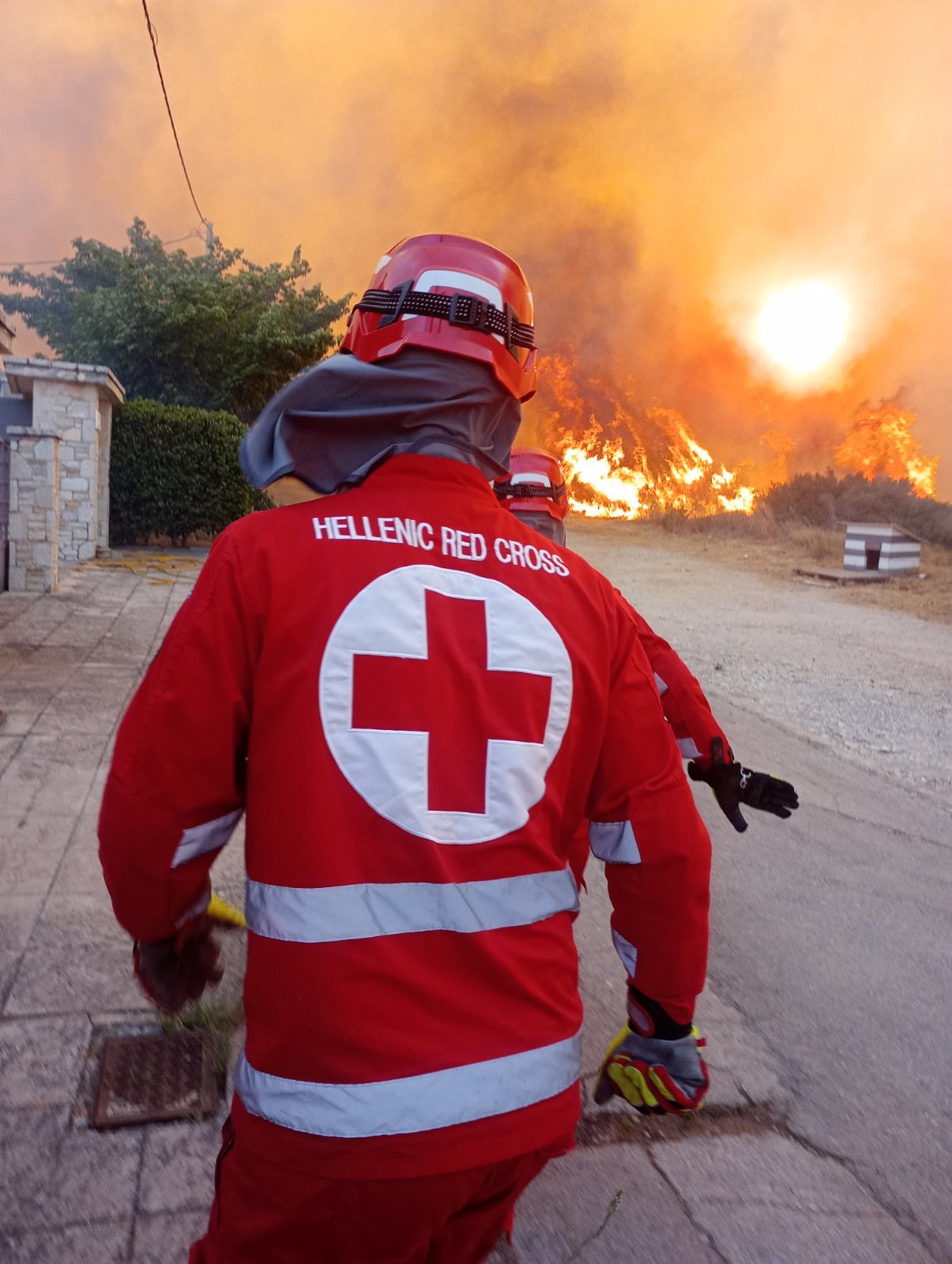
In July 2025, Greece, Türkiye and Cyprus experienced one of the most devastating months of wildfires in recent years, fueled in Greece by a record heatwave above 45C, drought, and strong winds (IFRC, 2025).
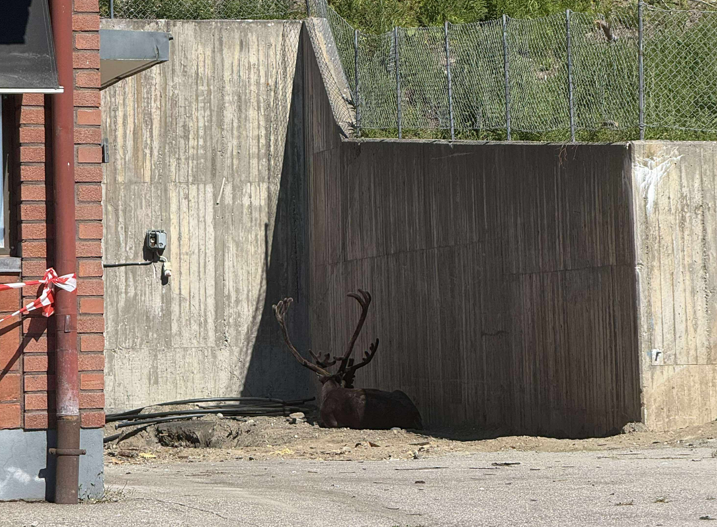
After a relatively cool June, the Fennoscanian countries Norway, Sweden and Finland were hit by an intense heatwave that lasted for about two weeks from mid-July, with maximum temperatures repeatedly exceeding 30°C.
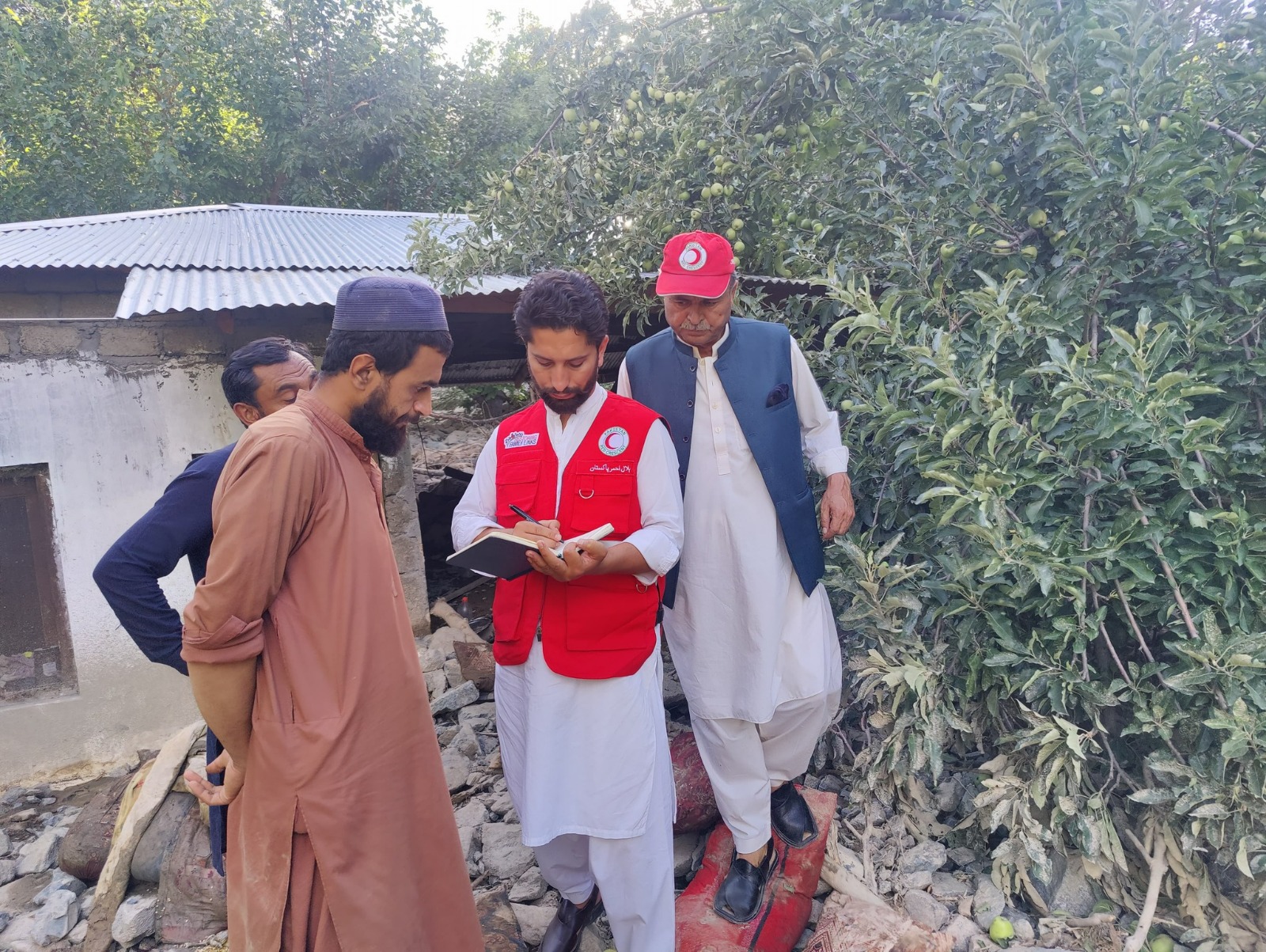
From late June 2025, intense monsoon rainfall led to severe flooding in northern Pakistan, particularly in the provinces of Punjab and Khyber Pakhtunkhwa.